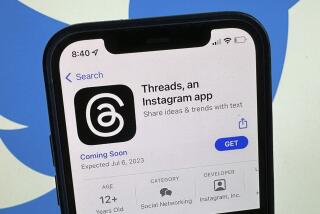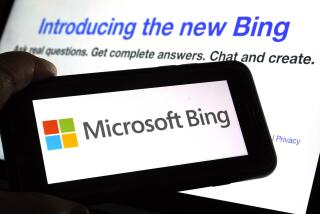Facebook introduces native Messenger app for desktops
Facebook introduced a new native Messenger app for users’ computers.
The app lets you “chat with friends without opening Facebook,” according to Facebook’s message introducing the app.
The app is only available to Windows users, but the company has said Mac users will get it soon. It officially launched in March after leaking in December, and it is slowly rolling out to users.
ROUNDUP: The freshest Facebook features
The app, Facebook’s first native desktop app, uses the same branding as Facebook’s mobile Messenger app, which received an update on both Android and iOS on Monday.
Former users of AOL’s once-popular AIM instant messaging client will see some resemblance between the two.
The app opens up two windows. One is a tall vertical window very similar to AIM’s “Buddy List.” It shows you who is online as well as Facebook’s live feed, so you can see what your friends are commenting, posting and liking. That window also shows you any friend requests, messages or notifications you may have.
The second window is for chatting. Besides showing you tabs for current conversations you may have going on, this window is pretty simple.
The app comes just a few days after Facebook changed users’ listed email addresses. Many saw their contact info hide their email addresses except for ones ending with the social network’s “@facebook.com” address. The email listing change, the new app and the update to Messenger’s mobile app show Facebook is clearly making a major push for its message system.
[For the Record, June 26, 12:55 p.m.: This feature originally launched in March, not Tuesday. Facebook has put out information on the app, which can be seen here.]
RELATED:
Facebook rolls out edit-comments feature
Facebook pulls Find Friends Nearby GPS-locator feature
Facebook changes everyone’s listed emails to ‘@facebook.com’
Follow Salvador Rodriguez on Facebook, Twitter or Google+
More to Read
Inside the business of entertainment
The Wide Shot brings you news, analysis and insights on everything from streaming wars to production — and what it all means for the future.
You may occasionally receive promotional content from the Los Angeles Times.











